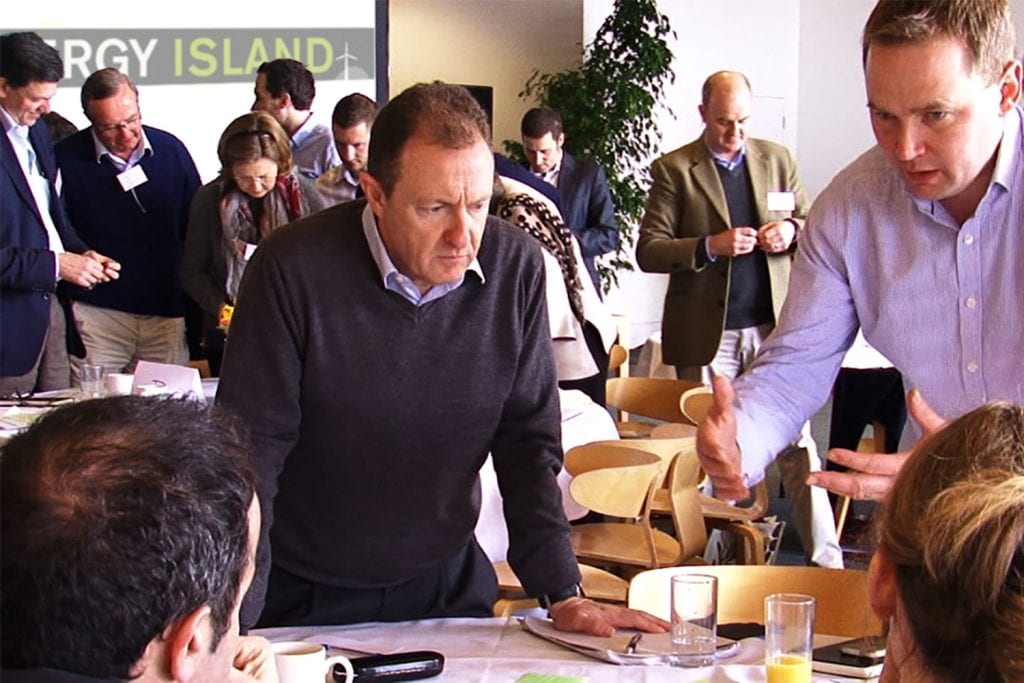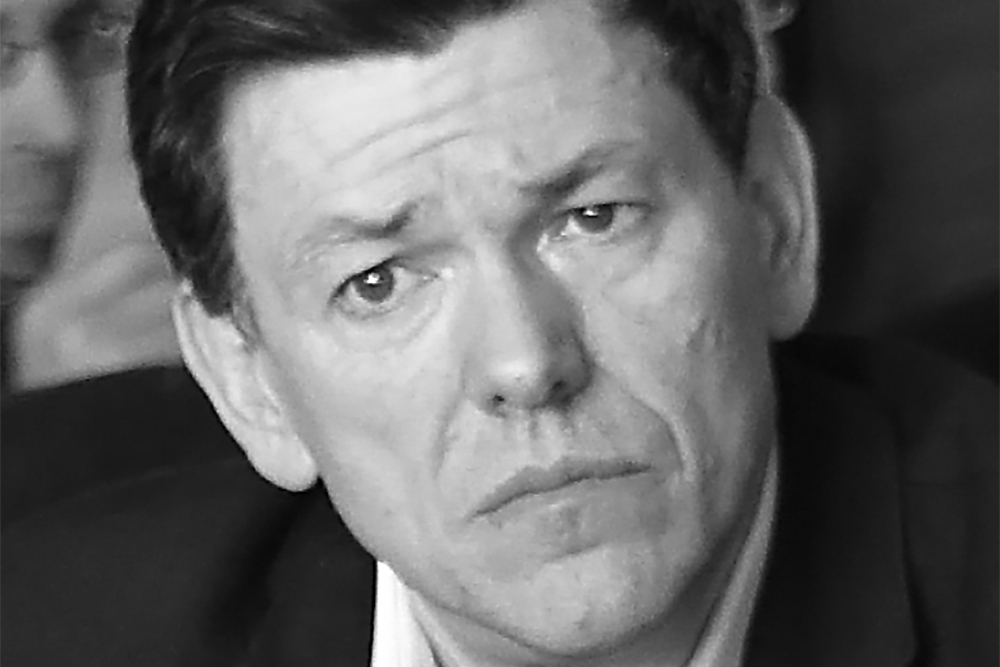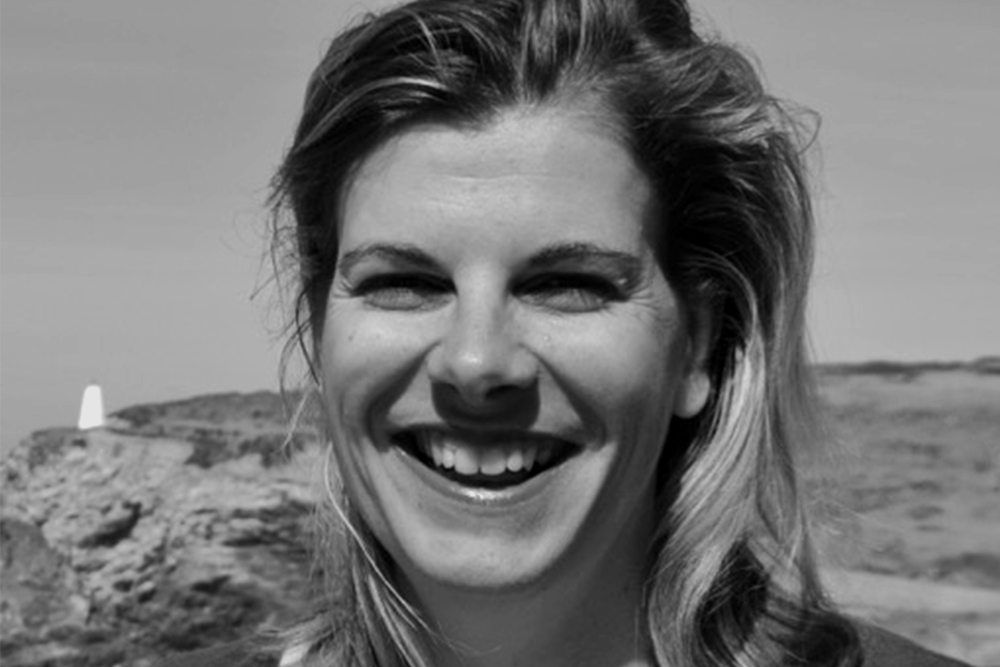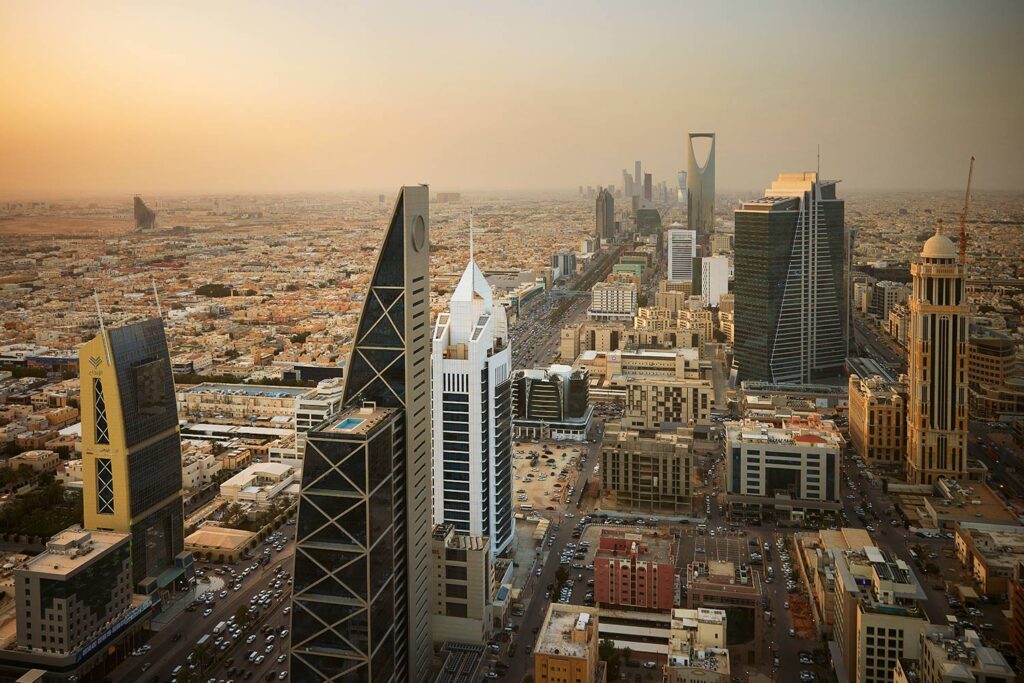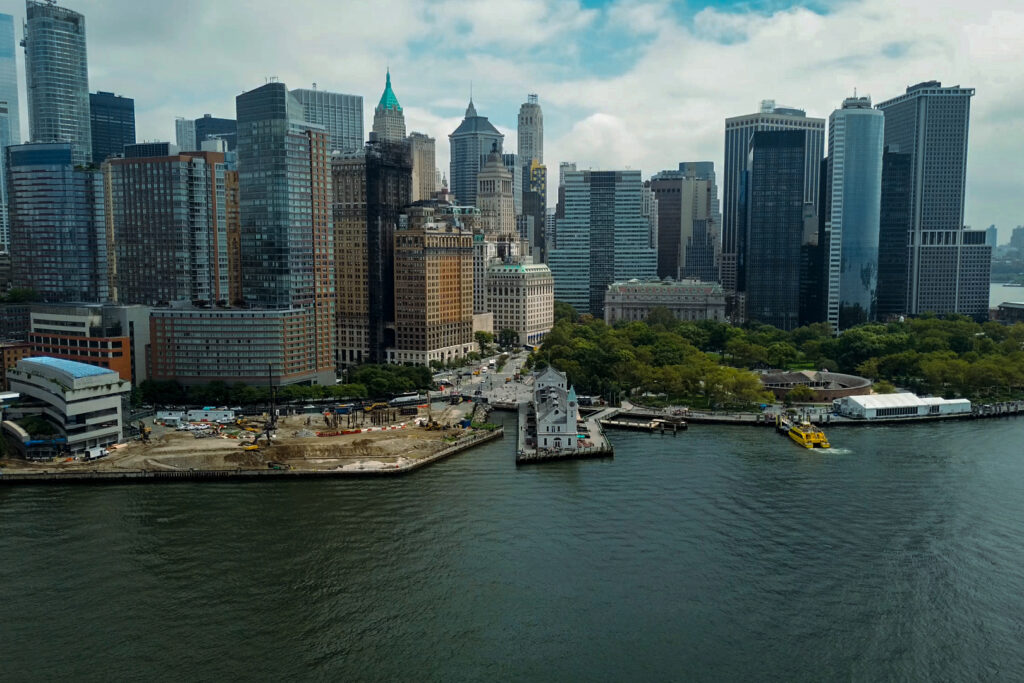The challenges and benefits of private / public collaboration
When we commenced the Energy Island, an initiative to make regions more prosperous through a transition to a more sustainable energy system, we did so knowing that the social challenge would be at least as big as the technical.
We had to bring together energy sector experts, regional decision makers, funders, the local community and protest groups along with a range of other public, private and third sector stakeholders. The challenge was immense, but appetising. The potential outcomes, delicious.

It seemed natural to partner with the Eden Project. They had already achieved so much in the region and had strong local connections. We had worked together before and they shared our passion for challenging the status quo to make tangible and meaningful change. So off we began. Together we mapped the regions key players, meeting them individually and in small groups over several months. We discussed the vision of an energy future that would establish Cornwall as a leader in addressing some of the biggest challenges we face as a species. Climate change, energy poverty and resilience. A vision which would help one of the poorest areas in the EU to upskill, innovate and become richer.
At this stage the goal was to meet with those who had the power and expertise to change the energy system and bring them together. This combined with the right approach and information would provide the opportunity to define the vision, explore the technical options and the necessary social and economic mechanisms to deliver change. Through our meetings we quickly realised that the knowledge was vast but fragmented. Nobody held a complete understanding of the current situation, let alone potential solutions. However, collectively a strong picture was emerging and one thing became apparent. A collaborative approach wasn’t a choice, it was a necessity.
So what were the challenges? We had to bring together a range of technical and non-technical stakeholders. People with a deep knowledge of the energy system with those with little understanding of the technical options but the political and economic means to fuel future change. We also had to liberate those who had spent their lives working in a sector known for its stifling regulation, lack of available funding and lack of political will for change.
Ultimately we had to bring together a large number of people and develop a compelling vision that we could each stand behind. However, that could only ever be the start. We also need a path to delivery with clear actions. Actions where all parties could see their potential roles and benefits. We had to embrace diversity, but also consider where there could be consensus on which to progress.
To do all of this the approach had to be simple but engage at a deep enough level to be meaningful and define a pathway for success. We drew on all our experience of working on some of the world’s most complex projects, ranging from the design of new cities to the addressing issues of poverty in regions such as Detroit. We combined this with our building level expertise working across all sectors of the built environment. Then we integrated our own doctorate research and wider academic work to develop an approach which combined the required social, economic and technical aspects. We trialed this internally through numerous sessions over several months to refine the engagement tools and methods.
What emerged was the Energy Island approach:

The outcome of applying this approach in Cornwall was a clear vision for the region. The vast majority of those who responded to our survey agreed with this vision and the high level actions that emerged. A secondary outcome was the validation that our approach can deal with the messiness of reality.
Whilst we have refined tested in Cornwall and now with four unitary authorities in the West of England, we believe that our approach is globally applicable. If you want to know more about our Energy Island approach or the vision and actions that emerged for Cornwall, please see the Energy Island White Paper (see downloads box) or get in touch.


